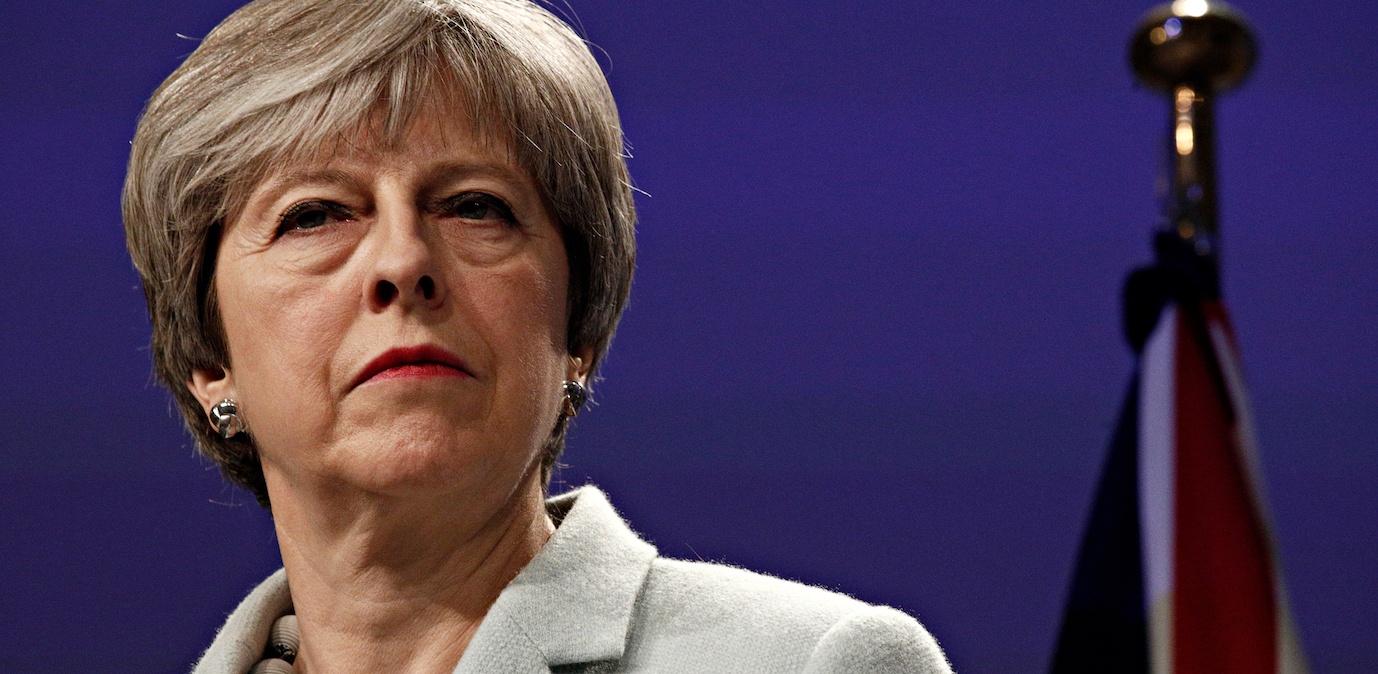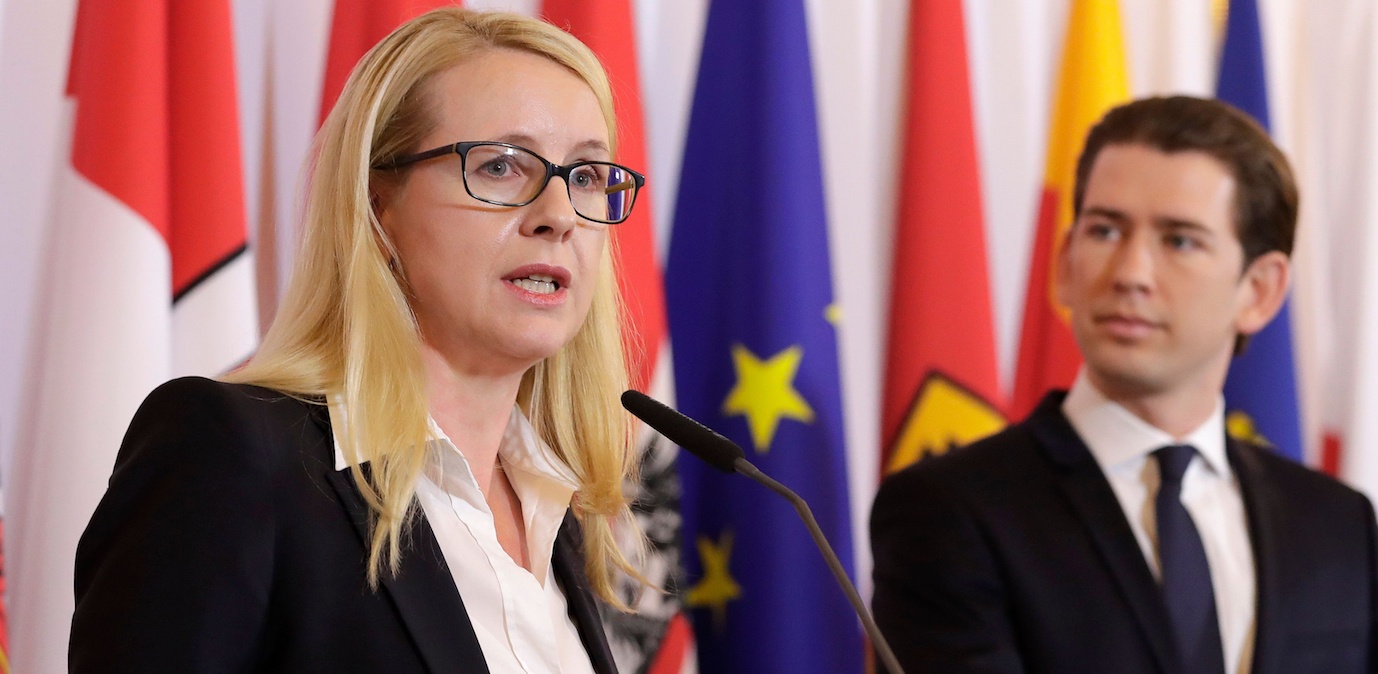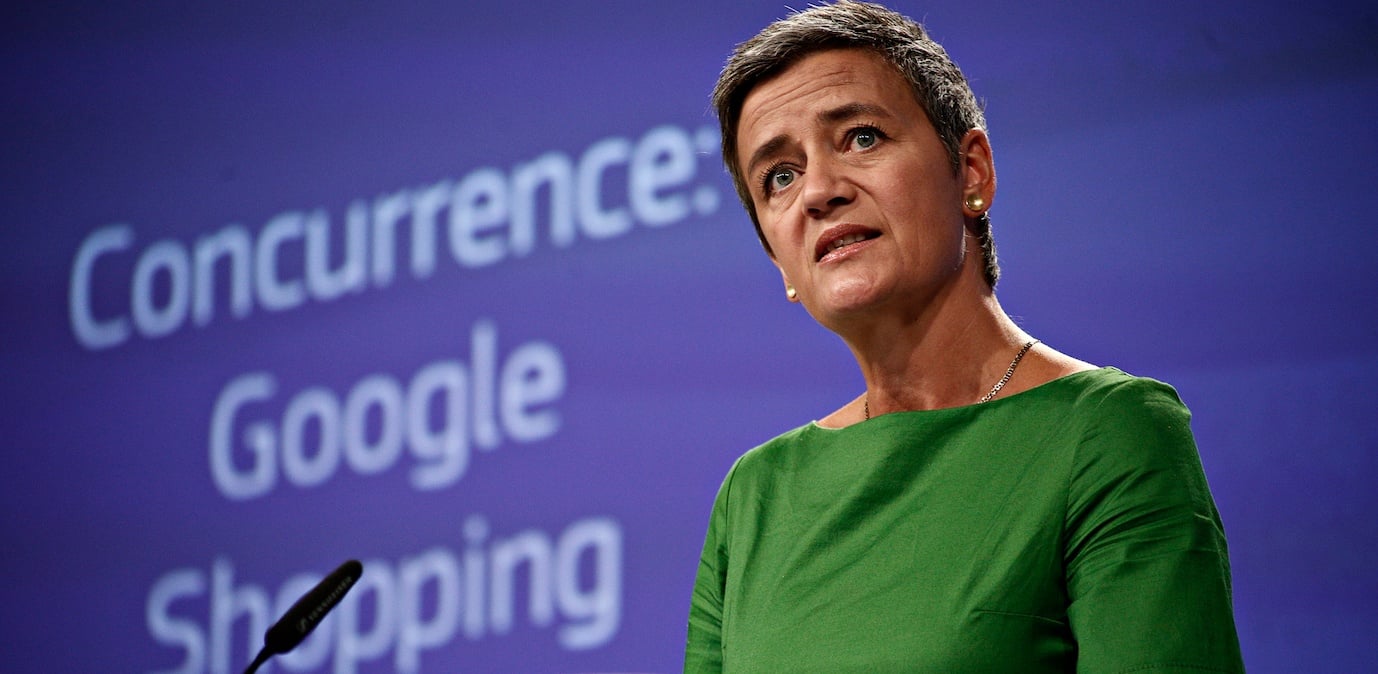While discussions continue on the European Commission’s proposals for a harmonised Digital Services Tax, a number of different approaches to taxing online service providers and platforms is emerging across Europe. With the UK the latest EU country to consider going it alone, we look at who is proposing what when it comes to digital services taxes.
Top 3 On-Demand Transport Stories in Europe This Week - 8 Nov 2018
Written by Inline Policy on 08 Nov 2018
This week's top 3 stories: BMW and Daimler get the green light, Bird launches trial in London, new rise hailing rules in Portugal.
The EU Digital Single Market programme reaches the endgame
Written by Shomik Panda on 31 Oct 2018
The European Commission's latest Work Programme lays out its priorities for 2019. It includes a number of regulatory issues for the tech sector to be finalised before May 2019’s European elections; both Digital Single Market (DSM) initiatives and several that fall outside of the DSM umbrella.
Unleashing the drone revolution: the 5 questions that need to be answered
Written by Inline Policy on 15 Oct 2018
Tighter drone regulation is on its way all acorss Europe, with EASA about to finalise its long-awaited blueprint. But some of the more difficult questions remain unanswered. And they are set to the define the industry for many years to come.
The EU Observatory on the Online Platform Economy: a talking shop or the beginnings of a new regulator?
Written by Inline Policy on 12 Oct 2018
Buried in the detail of a proposed Regulation from the European Commission was the establishment of an Observatory of the online platform economy. It has now been established and has a broad remit but little power, so far. Is this the foundation of a new EU regulator for online platforms?
Brexit in Perspective
Written by Inline Policy on 08 Oct 2018
Our ‘Brexit in Perspective’ infographic puts the UK’s decision to leave the EU in its broader context of European economic integration and maps the economic implications of the numerous political decisions available to the UK.
UK kicks off review of competition in digital markets
Written by Inline Policy on 20 Sep 2018
The UK Government has engaged a panel to review competition in digital markets, and one of the key themes is the concentration of 'big tech'. With the panel tasked with consulting industry and reporting by early 2019, companies seeking to influence the panel's thinking need to get started as soon as possible.
What are the EU institutions doing to lead on Distributed Ledger Technology?
Written by Inline Policy on 06 Sep 2018
As Distributed Ledger Technology (DLT) comes under increased scrutiny by European policymakers, Inline has created a guide to key developments on monitoring, research, infrastructure, and standards impacting the industry.
Big tech deserves a better political debate – here’s why
Written by Inline Policy on 18 Jul 2018
Breaking up big tech has become the argument of choice by those concerned about the concentration of power and the practices of large multinationals dominating the digital sphere. But does it make sense?
The many roads to Brexit
Written by Inline Policy on 17 Jul 2018
As the 29 March 2019 deadline for when the UK is due to leave the EU gets closer and closer, a lot remains to be finalised. In this diagram we have mapped the various paths to ‘exit day’ and explore the range of potential outcomes.
The top 5 most important European Parliamentary questions for the tech sector this year
Written by Inline Policy on 10 Jul 2018
MEPs ask thousands of questions to the European Commission each year and during the 2009-2014 term of the European Parliament, over 10,000 questions were tabled. At Inline, our job is to cut through the noise, so here are the five most important questions for the tech sector in 2018.
Rebels with a cause can't beat Mrs May in the game of chicken
Written by Inline Policy on 28 Jun 2018
While many see Theresa May’s regular battles with both wings of her party as the government lurching from crisis to crisis, it is starting to look more like a deliberate strategy. What does this tell us about Downing Street’s strategy for the negotiations with the EU?
Digital agenda vs populist revolt: which call will Austria answer?
Written by Inline Policy on 05 Jun 2018
The world’s youngest leader, Austrian Chancellor Sebastian Kurz, will take the helm of the Council of the EU in July and the headlines will be dominated by his plans to toughen EU immigration policy. Behind the scenes Austria’s Digital Minister, Margarete Schramböck, will be pushing ahead towards agreement on the Commission’s package of proposals in the digital sector.
EU Digital Single Market Strategy – Has Brussels gone from friend to foe of the tech sector?
Written by Shomik Panda on 22 May 2018
As Mark Zuckerberg takes his seat to answer questions for the first time in the European Parliament, it is a good time to take stock of the EU's Digital Single Market Strategy, assess its successes, and consider the new regulations and policy proposals coming from the European Commission.
Emerging from the smoke – Vaping as disruptive innovation
Written by Inline Policy on 15 May 2018
In a modern world that is churning out technological innovations in sectors that did not even exist 20 years ago, many people will have common conceptions of what constitutes ‘disruptive technology’: the rise of robots, smart cities and self-driving cars. And yet, equally disruptive are the technologies that are developing within sectors that have prospered for centuries.
 Insights from Inline Policy listing page
Insights from Inline Policy listing page

-cropped.jpg)
















